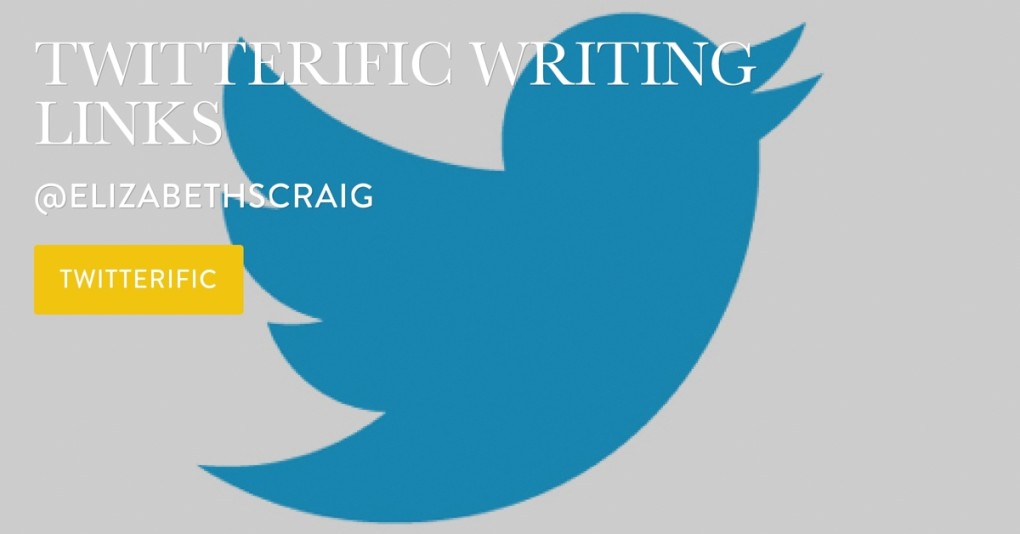
by Elizabeth S. Craig, @elizabethscraig
As I mentioned Monday in the first part of this post, I hadn’t really considered how stressful a book launch could be until I read a blog post on the subject. It made me start thinking about how I feel on book release days.
There are a few things that I do to help launches go more smoothly. Monday, I explained how doing tasks in advance of release day and keeping a checklist help me to make launches less-stressful.
There are a few other ways I try to make launch day easier for me. Some tips:
Don’t allow social media to run in the background. Appoint times to check in on social media platforms or email. I’ve found that when I have a tab open to Facebook or Instagram, the notifications really give me an underlying anxious or frantic feeling and they pull me away from what I’m doing. Even nice messages and congratulations have that effect. Instead, I’ll make a point of checking in at appointed times during the day and then close those tabs.
Set times to check sales numbers on Amazon. Checking book ranking on Amazon can be stressful. Again, setting times to take a look at sales is better than trying to track them during the day.
Work on the next project. This may seem counterintuitive, and it’s not to say that we don’t deserve a break. But I am always working on the next project on release day and the days to follow. I think it helps not only keep me on track but helps me to have a sense of perspective about the launched book and its importance. Probably not an approach for everyone, but one to consider.
Celebrate your success. This is something I have to practically force myself to do, but I always feel better afterward. This could be any small reward…anything to mark the occasion and acknowledge your hard work.
Most importantly, take care of yourself. Exercise the morning of the release. Be sure to stretch, eat well, and drink plenty of water. I’ve found that it’s surprisingly easy to end up extremely run-down by simply sitting all day.
Further reading on reducing writing-related stress:
Desk Fitness: a Series of 11 Simple Stretches by Melanie Brooks
Social Media is Eating Your Brain by James Scott Bell
Do you have any tips that I’ve left out? How do you feel on launch day?
More Tips for Reducing Release Day Stress: Click To Tweet




